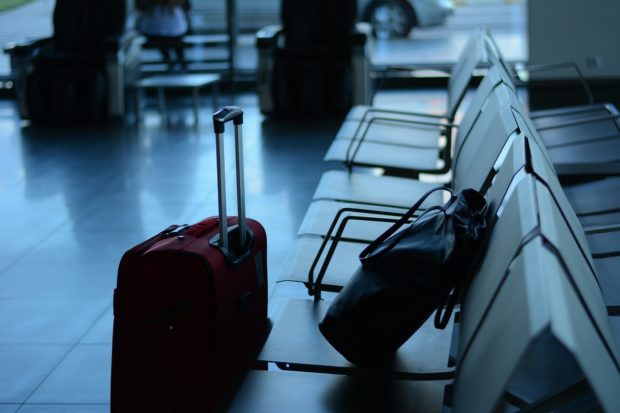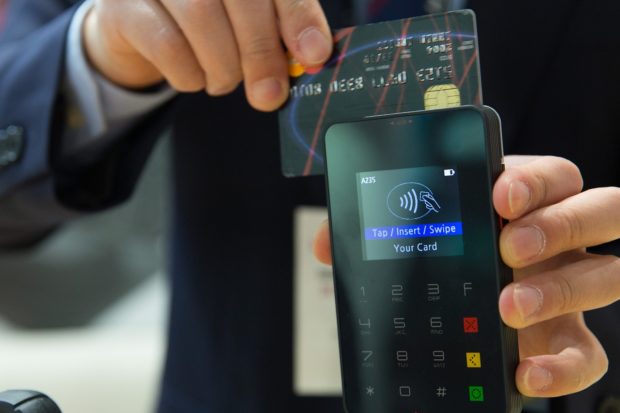Holidays are the most widely anticipated days of the year; whether for relaxing, family time, or delicious food, holidays are the best time to live in the moment. For many, holidays mean travel—across the country and even overseas. Traveling expeditions are best when they go smoothly and often aid in family bonding throughout the experience. Clearly, holidays and travel are a match made in Heaven.
However, travelers, especially those who travel with families are prime targets to be made victims of scams. Scammers aim to take advantage of foreigners because there are little to no apparent indicators that something is wrong; this is particularly true for traveling families because scammers can weaponize the chaos our relatives bring with them. Before you pack your bags and jump on a flight, read through the common travel scams below; knowing their signs and how to avoid them will keep your family safe throughout every stage of your holiday journey.
Types of Scams While Traveling
If you go abroad with your family, be aware of the common scams that happen to travellers.
Taxi and Driver Scams
Arriving at any airport is a little stressful—where are your bags? —where is Kevin? Some scammers will use your arrival stress to influence you into making poor choices. Taxi scammers may rush your group and start grabbing bags, never really allowing time to think or respond. Plan your transportation ahead of time and avoid engaging; proper transportation professionals will be in their designated spots in the driving terminal.

Pickpocketing and Body Rushes in Crowds
There are two types of pickpocketing; the first is a targeted, planned attack—usually involving only one to three people. They entrap the target, distract them, then get away as quickly as possible. On the other hand, there is also body rush pickpocketing; this may include many people or some opportunistic individuals. If you find yourself close to others, put your hands over your essential items and find a way out.

Immediate Obligation Scams
Scams like these work in two ways; either the criminal knows the victim, or the scammer takes advantage of the victim’s empathy. As such, these scams can come in various forms and are also called “carry-my-bag” scams. The main premise behind these scams is that if you hold the bag for them and when security finds something illicit, it’s your problem; at the same time, if they are searched, they win either way. Avoid these scams by not trusting strangers—even if they seem, at first, to be genuine.

Card Skimming and Over Charging
These financial scams are one of the most common around the world. Opportunistic shop owners may charge foreigners extra, thinking they do not know the conversion rates. At the same time, stores may have card skimmers on top of their card readers. Break the skimmer by taking it off the card reader (you can tell it’s a skimmer if it wiggles), or use the tap function of your card or the chip reader option. Both tapping and chip use one-time tokens for the transaction, so any information the scammer gets will be useless.

How to Avoid Identity Theft While Traveling with Your Family?
All travelers risk falling victim to scammers, but an unlucky few will become long-term victims. Long-term victims are profitable targets for scammers because their information can be accessed and utilized multiple times. Protecting your personal digital information proactively is the best way to avoid becoming a long-term victim. Identity theft protection is a vital aspect of these proactive steps, but there are others, too:

Travel with lockable luggage and zippered bags. Designer bags and luggage are prime targets. Bound essential items to your body, but give them away if threatened. Engage all technology locks, including your cell phone and hand-held systems. Download your bank’s app. If you see suspect charges—freeze your card. Enable immediate notifications from your bank for all transactions. Never trust another person you do not know.
What to Do if You Are a Victim of a Travel Scam?
If you suspect you’ve fallen victim to a travel scam, there are three options. The first is speaking with the police—this may not be ideal in every situation, especially after the fact. Regardless of the police, report the scam to the Federal Trade Committee (FTC) and your state attorney general, you may also contact your travel insurer. Investigators may contact you for more information.
Before you hop on the destination plane, protect yourself and your family; proactive planning and security measures are your best friends when away from home. Verify each person through pictures and organization; if you expect a taxi or a carrier—ensure you have the correct driver and car. Contact your bank; if heading overseas, tell them you’re going. Otherwise, the bank may flag your cards as fraudulent. Keep your family close; it is a holiday, after all.
The post Family Travel Scams: How to Avoid Them appeared first on YourAmazingPlaces.com.
from YourAmazingPlaces.com https://ift.tt/mliodc8








0 comments:
Post a Comment